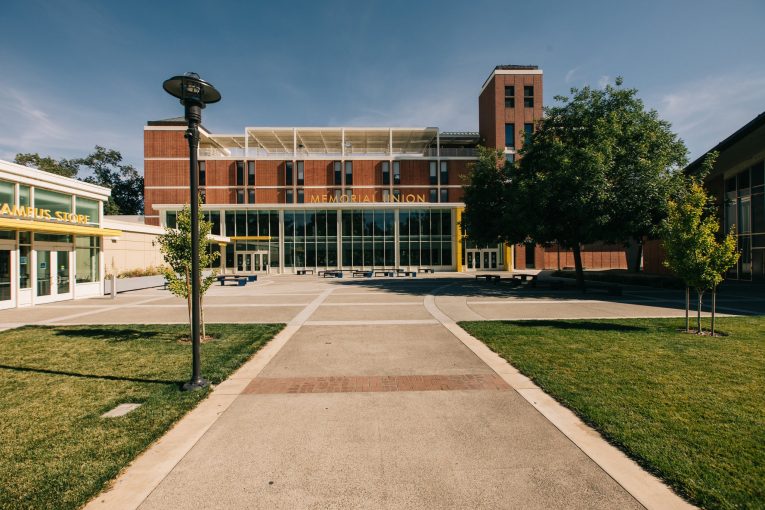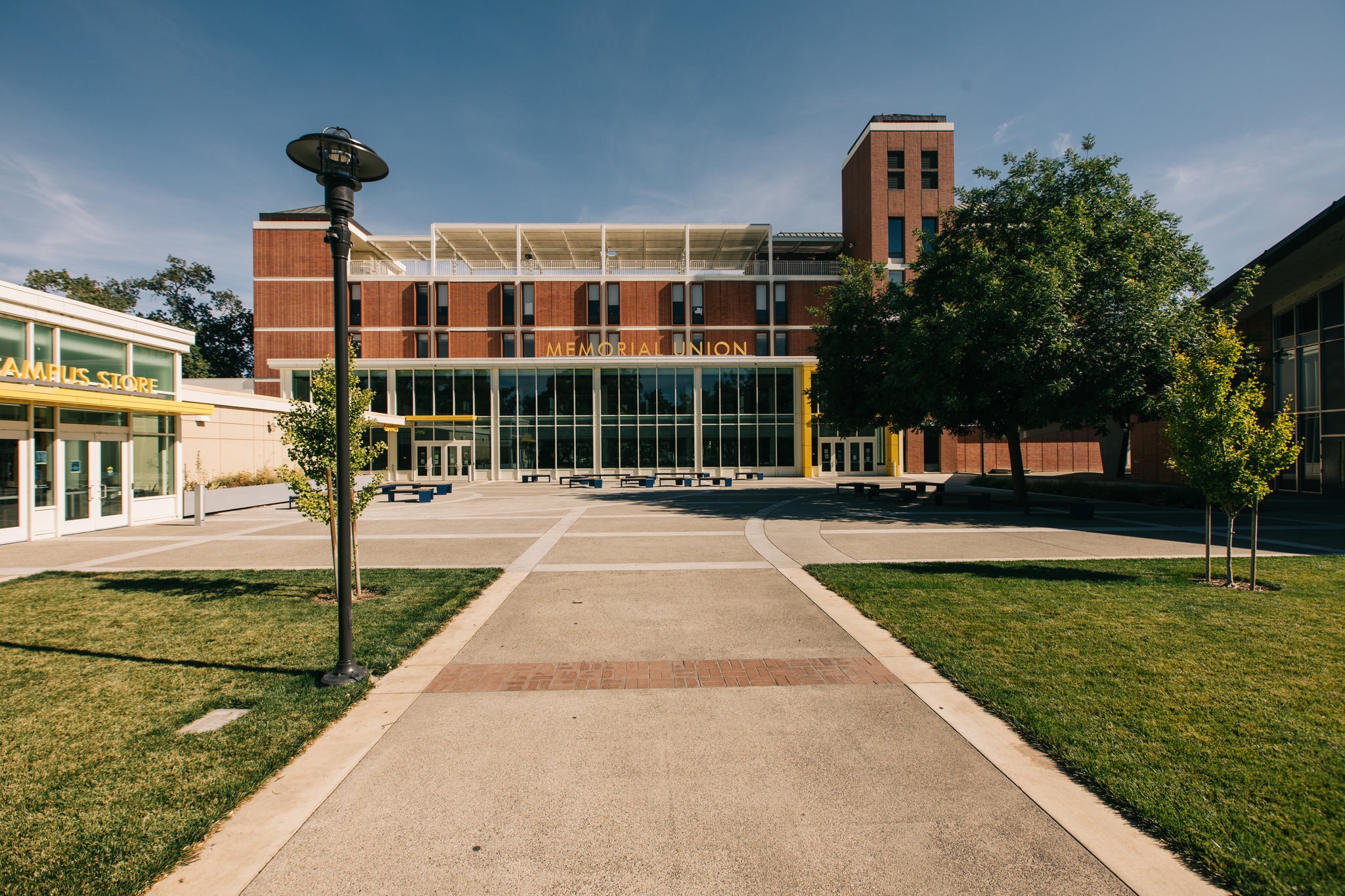

By Jolene Darensbourg
DAVIS – This week, the Associated Students of UC Davis sponsored a bill in order to handle the student housing crisis in the Davis community.
The California Environmental Quality Act (CEQA) certifies the completion of environmental impact reports on projects that have significant effects on the environment.
The bill also requires lead agencies to prepare mitigated negative declarations for projects.
CEQA established procedures where people seek out judicial reviews of decisions made by lead agencies.
The bill authorizes public universities to certify projects as student housing development projects, but requirements must be met and the authorization proposing the project has to be within two miles of the university campus, which qualifies as a student housing development project.
CEQA ensures projects will be environmentally sustainable and cannot pose threats or dangers to wildlife environments in California and protects the natural resources while preserving wildlife and ecosystems.
Students in public universities are facing a housing crisis due to COVID-19 and are unable to find housing arrangements while facing a low availability rate of affordable housing units near campus or around it.
The extreme cost of rent in urban areas near the university campus has led to overcrowding, raising concerns in the wake of COVID-19 in regards to health, safety and having access to resources.
High costs in housing lead to an increase in the number of commuters traveling to and from the university.
As a result, the increase of commuters causes a surge in the emission of greenhouse gases and pollutants, which lowers the air quality and goes back on UC Davis’ goal to be a sustainable and environmentally conscious university.
Some requirements for student housing developments are for them to be within two miles of the school, the rent to be more affordable and for students to have individual leases with no more than four beds in the unit.
Currently, due to the impact of the pandemic, there are several vacancies in the city of Davis, as described through a UC Davis survey.
However, this has caused the monthly rental rates to climb higher, causing difficulty for complexes to fill units.
Some have even started to give various incentives to motivate people to become residents – and this is off-campus housing alone.
On-campus housing is trying to accommodate students with the Long Range Development Plan (LRDP) that has been in the works since 2018, with the goal of increasing the number of beds by 2023.
The LRDP is meant to make advancements for student housing plans while also making a collaborative effort to be conscious of the environment surrounding the campus to help UC Davis continue to be a sustainable and resilient campus.
There are current housing projects that will hopefully bring more availability to students who are looking for more affordable housing, whether that is due to an increase in housing on or off the UC Davis campus.
 Jolene Darensbourg is currently a third-year student from Hemet, California. She is majoring in English and History while minoring in Professional Writing.
Jolene Darensbourg is currently a third-year student from Hemet, California. She is majoring in English and History while minoring in Professional Writing.
Support our work – to become a sustaining at $5 – $10- $25 per month hit the link:
